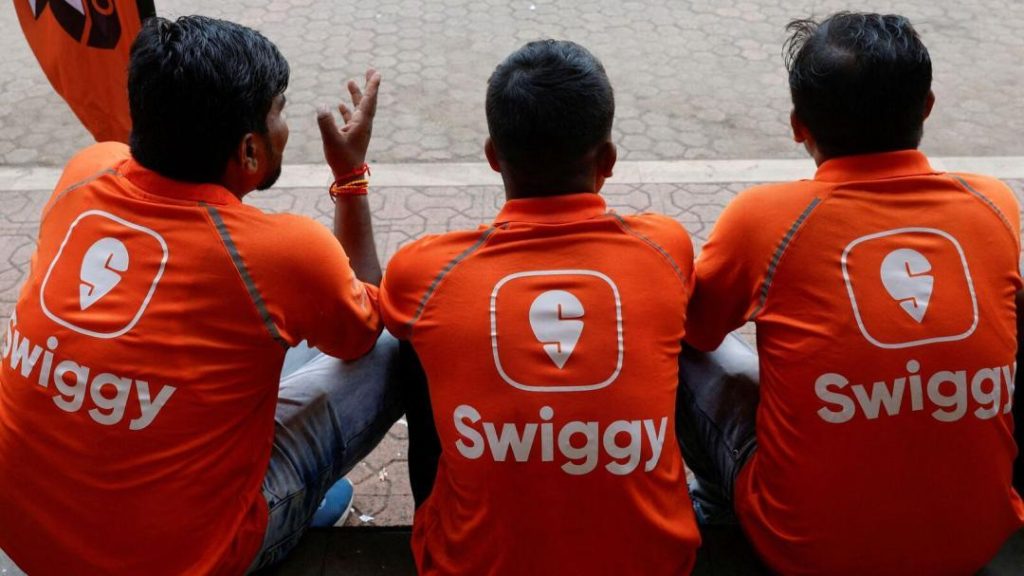
Swiggy Faces ₹158 Crore Tax Demand Over Cancellation Fees
In a recent development, Swiggy, India’s leading food delivery platform, has received a tax demand of ₹158 crore from the Income Tax Department for the financial year 2021-22. The demand is related to alleged violations of tax provisions regarding cancellation charges paid to merchants. According to sources, the company plans to appeal the demand, arguing that it stems from a misunderstanding of tax rules.
The tax demand is a significant setback for Swiggy, which has been experiencing rapid growth in recent years. As the company continues to expand its operations across the country, it faces increasing scrutiny from regulatory bodies. The recent tax demand highlights the complexities of taxation in the evolving digital economy and may set a precedent for how cancellation fees are taxed in the future.
What Triggered the Tax Demand?
According to reports, the tax demand was triggered by Swiggy’s practice of collecting cancellation fees from customers and then passing on a portion of these fees to merchants. The Income Tax Department has alleged that Swiggy’s cancellation fee structure violates tax provisions, resulting in the company’s alleged non-compliance with tax laws.
Specifically, the tax authorities have taken issue with Swiggy’s practice of deducting a percentage of the cancellation fee as its own commission before paying the remaining amount to merchants. The authorities have deemed this practice as tantamount to “assessable income” and have demanded that Swiggy pay the corresponding taxes on these amounts.
Swiggy’s Plan to Appeal the Demand
Swiggy has confirmed that it plans to appeal the tax demand, arguing that the demand stems from a misunderstanding of tax provisions. The company has stated that its cancellation fee structure is in line with industry norms and that it has been following a consistent approach in collecting and paying these fees to merchants.
In a statement, Swiggy said, “We are in receipt of a tax demand from the Income Tax Department and are reviewing the same. We believe that the demand is based on a misunderstanding of the tax provisions applicable to our business model. We will take all necessary steps to resolve this matter and ensure that our business operations are not impacted.”
Expert Analysis: A Precedent for Digital Economy
The recent tax demand against Swiggy may set a precedent for how cancellation fees are taxed in the evolving digital economy. Experts suggest that the case may have far-reaching implications for other companies operating in the digital space.
According to Shyam Sunder, a senior tax expert, “The tax demand against Swiggy is a significant development that highlights the need for clarity on taxation in the digital economy. The case may set a precedent for how cancellation fees are taxed in the future, and it may also encourage other companies to review their tax structures and compliance.”
Sunder added, “The tax authorities are increasingly focusing on the digital economy, and companies like Swiggy need to ensure that they are complying with all relevant tax provisions. The recent tax demand is a reminder that non-compliance can result in significant penalties and damage to a company’s reputation.”
Conclusion
The recent tax demand against Swiggy is a significant development in the Indian digital economy. The case highlights the complexities of taxation in the digital space and may set a precedent for how cancellation fees are taxed in the future.
While Swiggy plans to appeal the demand, the case serves as a reminder that companies operating in the digital economy need to ensure that they are complying with all relevant tax provisions. The recent tax demand also underscores the need for clarity on taxation in the digital economy, and it may encourage other companies to review their tax structures and compliance.
News Source:
https://ascendants.in/industry_events/swiggy-rs-158-crore-tax-demand/



